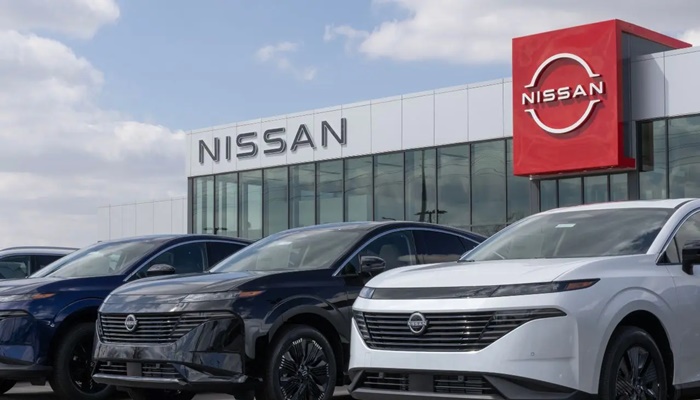Nissan Motor Co. will cut approximately 2,400 jobs as it shutters its Oppama manufacturing plant in Kanagawa, Japan, as part of a sweeping restructuring plan under its new CEO, Ivan Espinosa. The move is part of a broader “Re:Nissan” recovery strategy that could see up to 22,000 jobs eliminated globally by 2027, according to reports from Reuters and Nikkei Asia.
The Oppama facility, operational since 1961 and considered one of Nissan’s key domestic production hubs, will be wound down over the next two years. The company confirmed that production will be transferred to its Kyushu plant in Fukuoka, while nearby research and testing facilities will remain operational for the time being.
The decision to shut down the Oppama plant marks a significant turning point in Nissan’s history. Speaking at a press conference earlier this week, Espinosa stated that the move was necessary “to streamline operations and reallocate resources more efficiently across high-performing regions.” He added that all affected workers would be “treated with dignity” and offered internal transfers where possible. Discussions with labour unions are ongoing.
This development is part of a larger global effort to restructure Nissan’s manufacturing footprint. In total, seven major plants are expected to be closed by 2027, including two in Mexico. The Morelos plant and the COMPAS facility in Aguascalientes—jointly operated with Daimler AG—are also scheduled for shutdown.
The global job impact of these closures is expected to be significant, with Nissan projecting that approximately 22,000 roles, or about 15% of its workforce, will be eliminated globally by the end of fiscal year 2027. The majority of these cuts will take place in Japan and Latin America, with additional rationalisation expected in other markets as well.
Espinosa, who took over leadership in March 2025, faces the task of steering the automaker through a challenging period marked by declining global sales, geopolitical tensions, and rising protectionism. Nissan has particularly struggled in key markets such as the United States and China. A proposed merger with Honda and Mitsubishi to consolidate domestic auto capabilities fell through earlier this year, according to Bloomberg.
Despite efforts in 2024 to rein in costs—including CEO pay cuts and regional layoffs—Nissan has continued to see a drop in profitability. Data from its most recent quarterly earnings report, cited by CNBC, shows a 12% year-on-year decline in global sales and operating margins squeezed by supply chain pressures and increased tariffs.
The broader Japanese automotive sector has been grappling with a similar confluence of challenges. Ongoing US tariffs, tightening emission regulations, and the transition to electric vehicles have forced many companies to reassess traditional production models. Analysts note that older plants such as Oppama are less suited to EV manufacturing, making them vulnerable to downsizing or closure.
The future of the Oppama site itself remains uncertain. While Nissan has not confirmed its next steps for the land, company officials told Nikkei Asia that a sale or repurposing is under consideration. Environmental audits and community consultations are likely to follow any decision to redevelop the land.
While the shutdown aims to boost Nissan’s long-term competitiveness, it raises deep concerns for the 2,400 affected workers and the local economy in Kanagawa. Employment prospects in the auto sector remain bleak, as multiple Japanese automakers announce downsizing or hiring freezes.
Labour groups have urged Nissan to ensure adequate support for affected employees, including training for redeployment and fair severance packages. “Mass layoffs should not become the default fix for corporate inefficiencies,” a spokesperson for the All Japan Auto Workers Union said in a statement to The Japan Times.
As Espinosa looks to reshape Nissan’s future, industry observers say the company’s turnaround will depend not only on cost-cutting but also its ability to reposition itself in the global EV race and rebuild trust with employees and consumers alike.
Further announcements on upcoming plant closures are expected later this year.




















